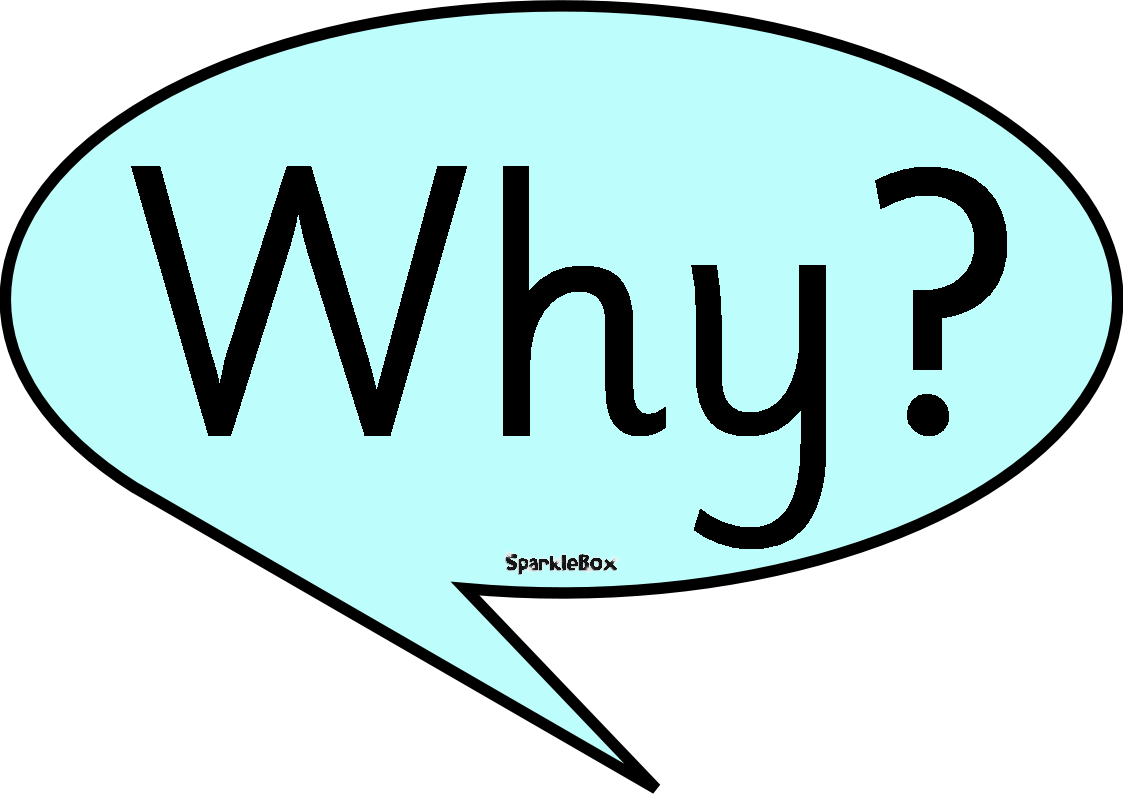Honoring Educational Heritage: Accessing and Applying Insights from Past and Future Perspectives
Introduction: Understanding the Educational Journey
Education continuously evolves, shaped by its rich history and the promise of new ideas. Exploring resources like “The Why and How in Education: Honoring Our Past and Imagining Our Future” helps educators reflect on foundational principles while embracing forward-thinking strategies. This article offers comprehensive, actionable guidance for accessing educational insights, integrating historical context, and imagining innovative approaches for the future. If you are seeking a free PDF download of the referenced book, note that such versions may not be legally available online; instead, we provide detailed, reliable steps and alternatives for accessing these resources and maximizing their benefits in your practice.
1. Exploring the Book’s Core Themes
“The Why and How in Education: Honoring Our Past and Imagining Our Future” is designed for both new and experienced educators to reflect on the history of education, examine current practices, and envision future possibilities. It encourages critical thinking about educational philosophy, policy, and classroom application [1] .
Key themes include:
- Historical foundations and cultural influences on modern education
- Contemporary challenges facing educators and students
- Innovative strategies for future-ready teaching
To fully benefit from these insights, educators are encouraged to read the book through legitimate channels or access similar resources via academic libraries or educational consortia.
2. Accessing Educational Resources Legally and Effectively
Free PDF downloads of copyrighted educational materials such as “The Why and How in Education” are rarely available through legitimate channels. Downloading unauthorized copies may violate copyright law. Instead, consider the following step-by-step strategies for accessing this and similar content:
- Check Your Local or University Library : Many educational texts are available in print or digital format through local or university libraries. Use your library’s online catalog or interlibrary loan service to request access.
- Use Educational Consortia : Many schools participate in consortia that provide digital access to textbooks and academic publications. Ask your institution’s librarian about available services.
- Purchase or Rent Digitally : Reputable online retailers such as Hugendubel [1] offer legitimate purchase or rental options for the book. E-books are often more affordable and accessible than physical copies.
- Explore Open Educational Resources (OER) : Many similar resources are freely available under Creative Commons licenses. Search for open-access educational theory texts using databases like OER Commons or your institution’s OER portal.
- Contact the Publisher or Authors : Publishers may provide sample chapters, teaching guides, or discounted access for educators. Visit the publisher’s official website for contact details and options.
Following these steps ensures ethical access to educational materials and supports the continued development of high-quality resources.
3. Honoring Educational Traditions in Modern Practice
Understanding the historical context of educational systems is crucial for effective teaching. By honoring past practices, educators can build on proven strategies and avoid repeating mistakes. To integrate historical perspectives into your teaching:

Source: learnaboutnature.com
- Study primary sources and educational history texts available through academic libraries
- Participate in professional development workshops focusing on educational heritage
- Incorporate historical case studies into classroom discussions to foster critical thinking
For example, many school districts host regular seminars on the evolution of educational policy and its impact on classroom management. Participating in these events can deepen your understanding and provide practical models for current challenges.

Source: dextertrainingconcepts.com
4. Imagining the Future of Education: Innovative Approaches
Preparing for the future requires a willingness to experiment and adapt. “The Why and How in Education” highlights the importance of innovation, digital literacy, and inclusive practices. To apply these concepts:
- Engage students with technology-enhanced learning tools, such as collaborative online platforms and multimedia content
- Foster a growth mindset by encouraging students to embrace challenges and learn from failures
- Seek out professional learning communities-both in-person and online-to share experiences and stay informed about emerging trends
For instance, some educators have successfully implemented flipped classroom models, where students review materials at home and use classroom time for active learning. Such approaches can be adapted to suit different subjects and age groups, ensuring that teaching remains relevant and effective.
5. Step-by-Step Guidance for Implementing Educational Innovation
Bringing new ideas into the classroom can be challenging. To ensure successful implementation:
- Identify Areas for Change : Assess your current teaching practices and determine which aspects could benefit from innovation.
- Research Proven Strategies : Consult peer-reviewed articles, attend workshops, or join educator forums to learn about effective methods.
- Develop a Pilot Program : Start small by testing new approaches with a single class or lesson unit. Collect feedback from students and colleagues.
- Evaluate and Adjust : Use student performance data and participant feedback to refine your strategies.
- Scale Up : Once you have evidence of success, expand your new practices to other classes or grade levels.
Be prepared for obstacles such as limited resources or resistance to change. Engage stakeholders early and provide clear evidence of benefits to build support.
6. Alternative Pathways for Professional Growth
If you are unable to access “The Why and How in Education” directly, there are multiple alternative pathways for professional learning:
- Enroll in Online Courses : Platforms like Coursera, edX, and FutureLearn offer free and paid courses on educational theory, history, and innovation. Search for topics like “educational philosophy,” “teaching for the future,” or “history of education.”
- Join Professional Associations : Organizations such as the National Education Association (NEA) and the American Educational Research Association (AERA) provide members with access to journals, webinars, and conferences on educational trends and research.
- Attend Educational Conferences : Many conferences offer virtual attendance and publish proceedings online, providing access to the latest research and best practices.
These resources can supplement your knowledge and keep you informed about innovations in the field.
7. Summary and Key Takeaways
Reflecting on the past and imagining the future are essential for growth in education. While a free PDF of “The Why and How in Education: Honoring Our Past and Imagining Our Future” may not be legally available, educators can access similar insights through legitimate channels: libraries, publishers, open educational resources, and professional development platforms. By honoring educational traditions and embracing innovation, educators can prepare themselves and their students for a rapidly changing world. For further assistance, consider consulting your institution’s librarian, joining professional organizations, or exploring open-access educational resources.



